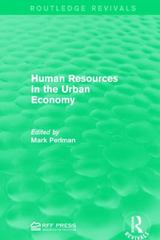Question
Assume that an individual works to generate her income Y. Work involves exerting effort, and that is costly for the individual we are studying. Suppose
Assume that an individual works to generate her income Y. Work involves exerting effort, and that is costly for the individual we are studying. Suppose that the individual can choose an effort level, which we denote by e, where e is any number between zero and ten. The income of the individual is a function of her effort level and follows the following formula: Y(e) = 5 + 10e. As we said above, exerting effort is costly for the individual and as a result, her total utility after having exerted effort at level e is given by: U(e) = Y (e) 2 e 2 Where is the utility cost of exerting a level of effort e.
Suppose now that the government imposes an income tax. The income tax rate, t, is a number between zero and one and it implies that any individual with an income Y (e) pays t Y (e) to the government.
Suppose the individual is choosing her effort level e to maximise her utility. Assuming that there is an income tax t, which effort level would she choose? What would be her income after exerting effort?
Step by Step Solution
There are 3 Steps involved in it
Step: 1

Get Instant Access to Expert-Tailored Solutions
See step-by-step solutions with expert insights and AI powered tools for academic success
Step: 2

Step: 3

Ace Your Homework with AI
Get the answers you need in no time with our AI-driven, step-by-step assistance
Get Started


